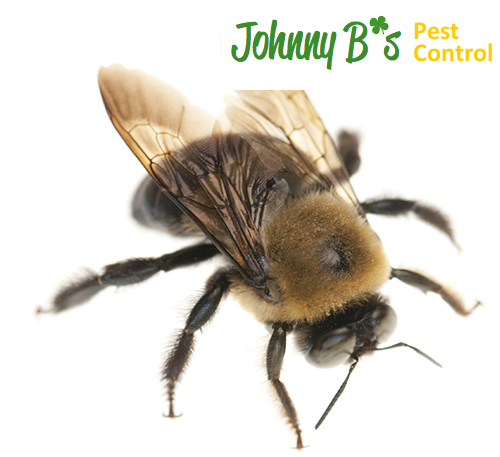Bee stings are never pleasant, but with the right approach you can prevent most of them. In this article, we’re going to go over the steps that you need to implement in order to make sure that bees will leave you alone whenever you are outdoors.
Safety guidelines
Bees have evolved to be attracted to sweet scents, such as the scents of flowers, so if you are out and you are wearing a flowery perfume, or you are eating some sugary foods, the bees will be attracted to you. You also have to be careful when drinking sweet beverages outdoors, because the bees may enter the can or the glass before you take a sip.
If you are being attacked by one or more bees, make sure to cover your neck and face, which can lead to dangerous complications when stung. If you are stung, hydrocortisone can be used to reduce the pain and itching of the sting. Also, you have to leave the area if you have been stung and there are more bees around, because a sting will release pheromones that will send an attack signal to other bees.
The bee stinger may still be embedded in your skin after, so you will have to scrape it out using your fingernail or a dull object. Try to avoid using tweezers. Finally, if you have experienced an allergic reaction after a bee sting before, carry an EpiPen with you at all times so that you can respond adequately after a sting.
When bees infest a property
Bee infestations can be very dangerous because of how bees will swarm in order to defend their nests. These infestations can be started either in trees or other objects on the property, or they may be started in certain areas of the home, such as inside wall voids, chimneys and vents. In the latter situation, the danger is amplified because you may unknowingly trigger a swarm inside the house.
In any case, you will need the help of a pro to safely and completely remove the infestation. The pro will either destroy the colony using a variety of methods, or transplant it to a local beekeeper if there is one closeby. Generally however, the beehives are completely destroyed, because the transplantation of the hive is more difficult and time consuming. For more information on how bee infestations are controlled, or if you suspect that you have an infestation on your property, contact us today.

